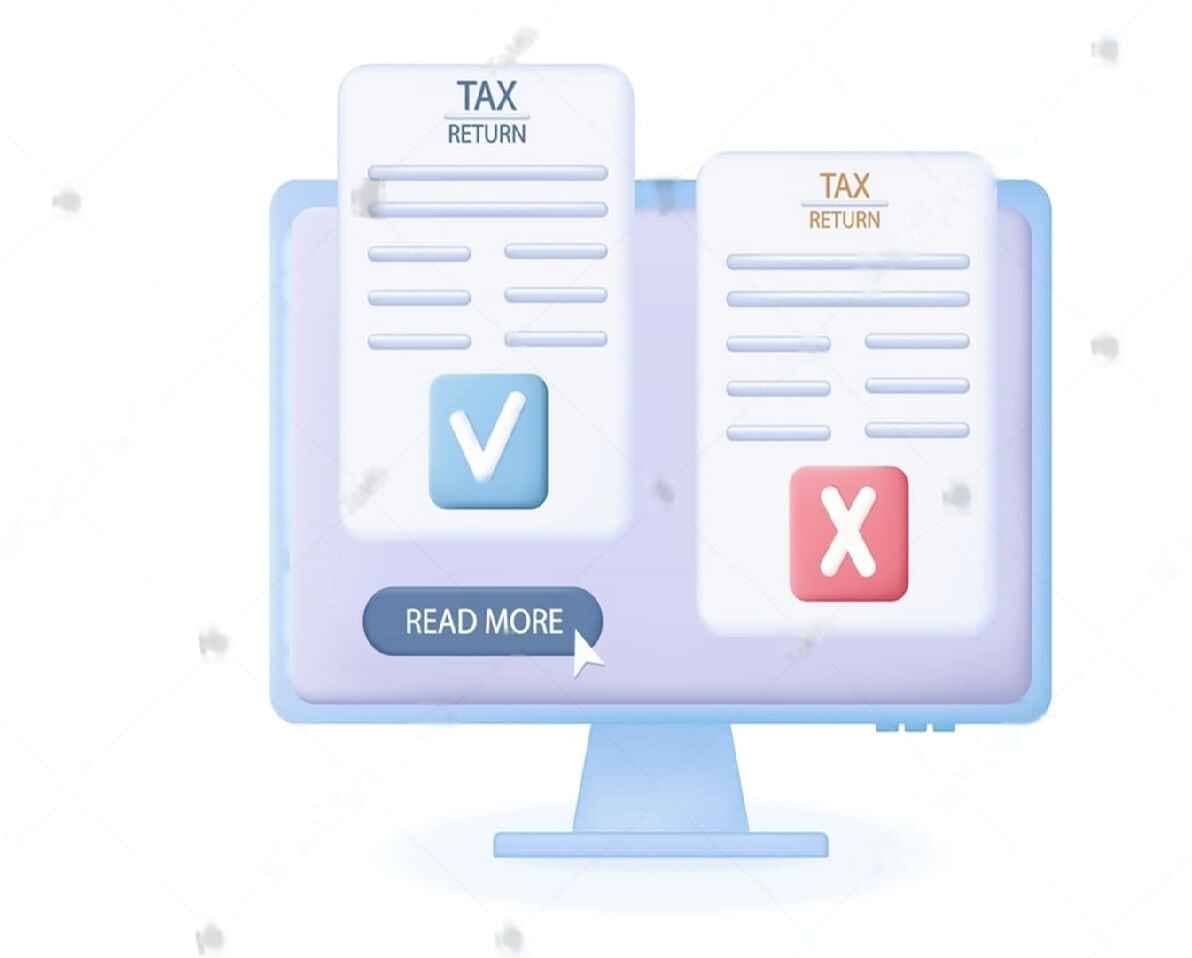Click Here

Any person who earns more than Rs 2.5 lakhs and exceeds this specific exemption level is required to file an income tax return, according to Section 139(1) of the Income Tax Act of 1961. Individuals must file income tax returns if they receive income from any of the following sources:
Form ITR 1 or SAHAJ is used for filing tax return by taxpayers whose earnings are up to Rs 50 Lakhs.
The form of business you operate, such as a sole proprietorship, partnership firm, private limited company, or limited liability partnership, will determine how your business tax return is filed (LLP). If a company meets any of the requirements listed below, then filing books of accounts is required.
Businesses that choose to adopt the presumptive income scheme must file their income tax returns using Form ITR 4 in accordance with Sections 44AD and 44AE of the Income Tax Act.
Any HUF that receives more than Rs 50 Lakhs in income must file ITR 2 along with their income tax return. If an individual or HUF receives income from one of the following sources, filing an income tax return is required.
Any trust that receives income beyond the stipulated exemption amount imposed by the income tax department and exceeds it is required to file an income tax return. The following trusts must submit their income tax returns to the income tax department on a regular basis:
Form ITR 5 or ITR 7 is used by trusts to file income tax return. ITR 5 is filed when the income earned by trust is more than the basic exemption limit whereas form ITR-7 is used when ITR is filed under section 139(4A) or 139(4B) or 139(4C) or 139(4D) or 139(4E) or 139(4F) mandatorily as per income tax act.
The partners in a partnership firm file their income tax returns using Form ITR 5. All of your business records must be kept up to date, and you must share them with the income tax department as needed. A partnership firm will charge you 30% in income tax. If a partnership firm's total income exceeds Rs 1 Crore, they must also pay a 12% income tax surcharge. The partnership firm also pays the education cess and secondary higher education cess in addition to this.
NRI tax return filing is essentially the filing of a tax return by a person who is an Indian citizen or a person of Indian ancestry but is not a resident of India. NRIs who reside abroad are the ones who submit it. The amount of taxable income that NRIs generate in India determines whether or not they must file a return.
In order to determine whether they are qualified to pay income tax or not, NRIs must first determine their resident status before filing their NRI report. For instance - If an NRI is receiving rental income from real estate in India and the amount also exceeds the exemption threshold set by the tax department, the NRI is required to pay income tax to the tax department. On the following types of income, NRIs must pay tax:
| Type of Income | Name of Documents |
|---|---|
| Salary Income |
|
| Income from Business or Profession |
|
| Income From Other Sources |
|
| Tax Saving Investments |
|
| Trust |
|
1 Salary + 1 House Property
1+ Salary & 1+ House Property
presumptive Business and Profession
Profits or Gains of Business or Profession
1 + Salary + 1 + House Property
presumptive Business and Profession
Due dates for Filing income tax are shown below:
| Taxpayers | ITR Filing Date |
|---|---|
| This category includes all people, HUFs, associations of individuals, and groups of individuals who must file ITR returns but are exempt from accounting audits. | 31 st July of the relevant assessment year |
| All individuals, businesses (sole proprietorship businesses, partnership businesses), and employees of businesses that must submit IT returns and are accountable for accounting audits fall under this group. | 31 st October of relavant Assessment year |
| For all people and businesses, the deadline for submitting a late income tax return | 31 st December of Relavant Assessment Year |
Penalties for Non Filing ITR are given in the table below:-
| Efiling Date | Income Below Rs 5,00,000/- | Income Above Rs 5,00,000/- |
|---|---|---|
| Upto 31 stJuly 2023 | 0 | 0 |
| Between 31 st July to 31 st December 2023 | 1000/- | 5000/- |





